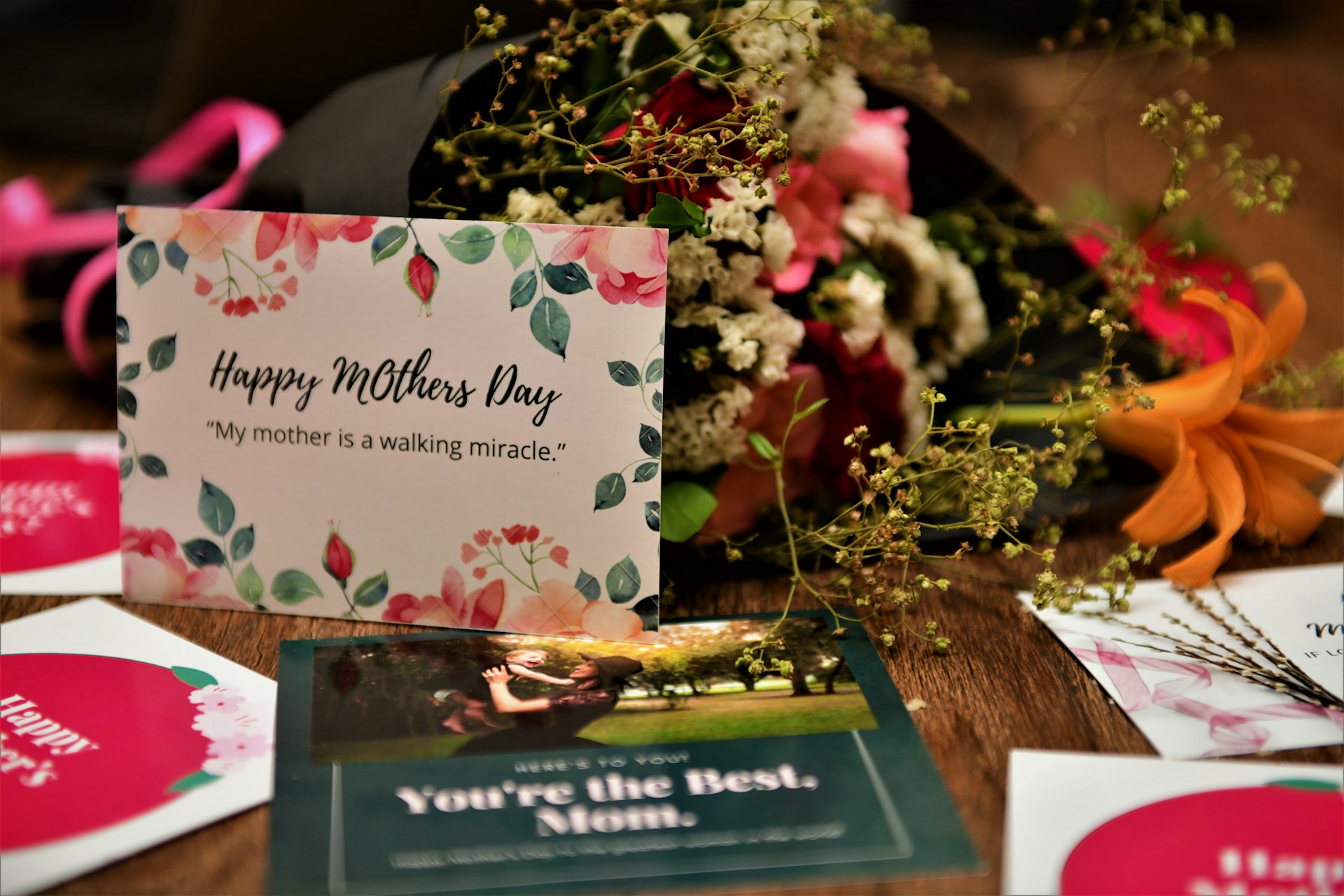YES! You deserve to be honoured! Whether it’s with your portrait (at least, you think it’s you…) drawn by your child, a poem scribbled lovingly on a home-made card, tea or coffee in bed or an extra big hug, it’s your day to be pampered!
Mother’s Day became official in 1914, when it was proclaimed a holiday by Woodrow Wilson. The US president announced that the second Sunday of every May would enable us to “[publicly express] our love and reverence for the mothers of our country.”
However, mothers around the world have been remembered for much longer, as mother goddess figures existed in most ancient religions.
The Ancient Greeks worshipped Gaia, Mother Earth, and then her daughter, Rhea, the goddess of nature and fertility, also known as the Mother of Gods. As Rhea gave life to gods, humans and animals, many temples and festivals were dedicated to her.
In Ancient Rome, a spring festival of Hilaria was held in honour of Cybele, an Oriental mother goddess. In India today, the ancient festival of Durga-puja still honours the goddess Durga every autumn.
In medieval England and elsewhere in Europe, the fourth Sunday of Lent became the occasion for people, who had moved away, to return to visit their parish, their ‘mother church’ and their mothers. This Christian tradition became Mother’s Day in the UK. Traditionally, Simnel cakes (also known today as Easter cakes) were baked for Mothering Sunday. Servant girls in the 18th century had permission to take ingredients from their employer’s larder to bake a Simnel cake for their mothers.
Mother’s Day in the US originated in the 19th century during the American women’s movement. The Mothers’ Friendships Day movement was founded by Ann Maria Reeves Jarvis, who organised the first Mothers’ Day Meetings in 1865 and Mothers’ Day Work Clubs, for local women to learn how to look after their children properly.
In 1870, a mothers’ gathering was organised by the American abolitionist and suffragette, Julia Ward Howe. She appealed for mothers to come together for a Mother’s Peace Day every 2 June, to prevent children from being sent to war.
In 1905, Anna Jarvis came up with the idea of Mother’s Day as a personal family celebration after the death of her mother, Ann Reeves Jarvis, promoting the carnation worn as a tribute. After Mother’s Day had become official, however, she protested at how commercialised it had become and spent the rest of her life and her wealth trying to abolish the holiday.
However you spend Mother’s Day in Belgium, these words* are just for you:
“Being a mama can be tough, but always remember in the eyes of your child, no one does it better than you.”
“Life doesn’t come with a manual, it comes with a mother.”
Sources: www.history.com / www.countryliving.com (*authors unknown)
By Alison Plater, Information Team Coordinator, info@bctbelgium.org
This article was first published in the 2023 spring edition of the BCT’s Small Talk magazine.






